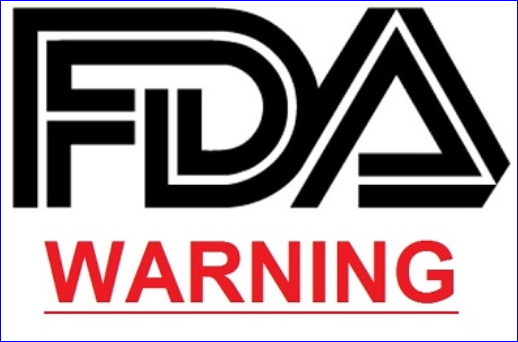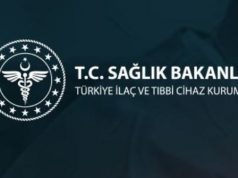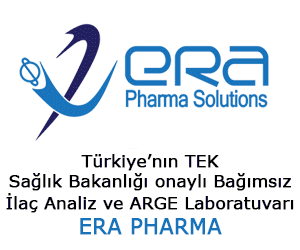FDA, kalp rahatsızlığı olan hastalarda ölüm riskini yükselttiğine dair yeni bir uyarı ekledi ve bu hastalara reçete yazanlara diğer antibiyotikleri kullanmalarını önerdi.
Clarithromycin (Biaxin): Drug Safety Communication,
Potential Increased Risk of Heart Problems or Death in Patients With Heart Disease
FDA is advising caution before prescribing the antibiotic clarithromycin (Biaxin) to patients with heart disease because of a potential increased risk of heart problems or death that can occur years later. FDAs recommendation is based on a review of the results of a 10-year follow-up study of patients with coronary heart disease from a large clinical trial that first observed this safety issue.
As a result, FDA added a new warning about this increased risk of death in patients with heart disease, and advised prescribers to consider using other antibiotics in such patients. FDA also added the study results to the clarithromycin drug labels. As part of FDA’s usual ongoing safety monitoring of drugs, we are continuing to monitor safety reports in patients taking clarithromycin.
BACKGROUND: Clarithromycin is used to treat many types of infections affecting the skin, ears, sinuses, lungs, and other parts of the body, including Mycobacterium avium complex (MAC) infection, a type of lung infection that often affects people with human immunodeficiency virus (HIV). Clarithromycin is not approved to treat heart disease.
RECOMMENDATION: Healthcare professionals should be aware of these significant risks and weigh the benefits and risks of clarithromycin before prescribing it to any patient, particularly in patients with heart disease and even for short periods, and consider using other available antibiotics. Advise patients with heart disease of the signs and symptoms of cardiovascular problems, regardless of the medical condition for which you are treating them with clarithromycin.
Patients should tell your healthcare professionals if you have heart disease, especially when you are being prescribed an antibiotic to treat an infection. Talk to them about the benefits and risks of clarithromycin and any alternative treatments. Do not stop taking your heart disease medicine or antibiotic without first talking to your healthcare professionals. Doing so could be harmful without your health care professionals’ direct supervision. Seek medical attention immediately if you experience symptoms of a heart attack or stroke, such as chest pain, shortness of breath or trouble breathing, pain or weakness in one part or side of your body, or slurred speech.




















